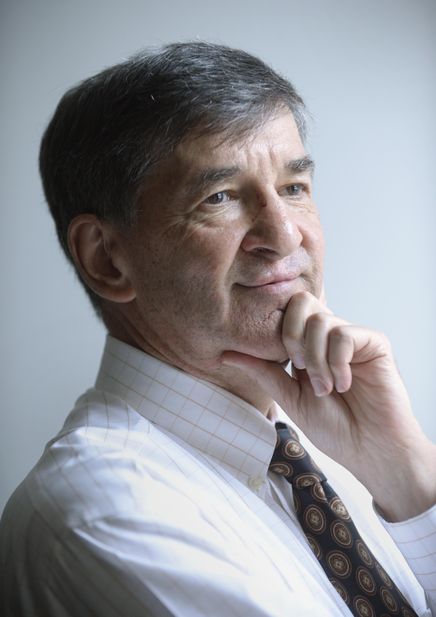A journalist’s glimpse of Cuba

Alison Boggs, a veteran journalist in The Spokesman-Review newsroom, spent six days in Cuba earlier this month. Boggs has visited a dozen countries over the years and agreed to answer five questions about her most recent travel adventure.
Why did you want to visit Cuba? I wanted to visit Cuba because the country has been closed to U.S. visitors for my entire life. I was curious to see for myself what the people and place were like. In addition, it was an opportunity to see the place with my mother and aunt, who had already signed up for the "arts and culture" tour of Havana, and I treasure the time I spend with them.
What did you enjoy the most about your time in Havana? I really enjoyed just walking and driving the streets of Havana and checking out the beautiful, yet in many cases crumbling, architecture. You could so easily see the former glory of this beautiful city and it felt tragic that it had fallen into such disrepair.
I also loved my interactions with Cuban people. A friend connected me with two young Cuban radio journalists and some people from our group went out one night with them for drinks and a light dinner. Another day, seven people from our group visited the tiny apartment of a Cuban friend of one group member. Though his apartment was, maybe, 300 square feet, he insisted upon whipping up an authentic meal, including a garbanzo bean soup, rice, beans and ground beef, and a delightful sweet potato-based dessert, for everyone. It was so cozy and fun and he was such a gracious and kind man. I felt grateful to be treated to such genuine and authentic hospitality.
What surprised you about what you saw on your trip? I was surprised both at how elaborate the architecture in Havana was and how seriously in decay it all is. It really made me sad because you could see how beautiful it once was. There is a lot of renovation and reconstruction going on now but it will take years. An architect we met with from the city historian's office told me 600 people work in her office, down from a high of 13,000.
Can you describe an interesting conversation that you had with a citizen? The conversations I had with residents were mostly short due to my limited Spanish and their limited English, but not for lack of trying. I could tell people appreciated my limited efforts to speak Spanish. Much of the 'conversation' I had was helped along with body language and gestures, but my general take-away was that people in Havana were warm and welcoming toward us. A few memorable moments:
- When we were leaving the home of an artist one evening, the artist's sister and her mother were standing by the door to say goodbye. I told them I was on the trip with my mother and my aunt and motioned ahead of me toward my mother, saying "mi madre." The two women exclaimed in delight and gathered all four of us up into a big group hug, which left us all smiling.

Alison Boggs and a friend in the traveling group in front of the malecon,
Havana's paved waterfront walkway on a stormy day. - A clerk I spoke with while buying rum asked where I was from. When I told him the United States, he asked how I got to Cuba. I told him I flew to Miami then took a charter flight to Havana. He asked if I thought commercial flights would soon be flying to Havana and, based on what I'd heard the day before from a University of Havana professor in Cuban-American relations, I said, yes, it did seem likely, but who knew when. He was so glad to hear that and we shared a smile over a desire for more connections between the people of our respective countries. (U.S. and Cuban officials signed an agreement Tuesday to allow U.S. airlines to begin servicing Cuba.)
- A member of a Cuban dance troop told me the eyes in a woman's face in a painting I was purchasing in their gift shop would help keep evil spirits out of my home. I said that sounded like a belief from Santeria. He said yes, and was thrilled I had heard of the Afro-Caribbean-based religion that is widely practiced in Cuba. Earlier in the week, we had an opportunity to see a demonstration of a Santeria ceremony and our guide said that type of ceremony happens every day in homes throughout Havana.
How would you describe the buildings you saw and the streets you traveled? The buildings ranged from centuries-old grand cathedrals and beautiful hotels with sprawling gardens to small huts in the countryside where farmers plowed their fields with oxen and people traveled by horse and buggy. This was somewhat disconcerting when paired with the numerous huge tour buses cruising down the highway. One professor told us as the economy improves, it becomes clear very quickly that some sectors, in particular people who have been able to open their own private businesses, are doing quite well while many others continue to struggle.
